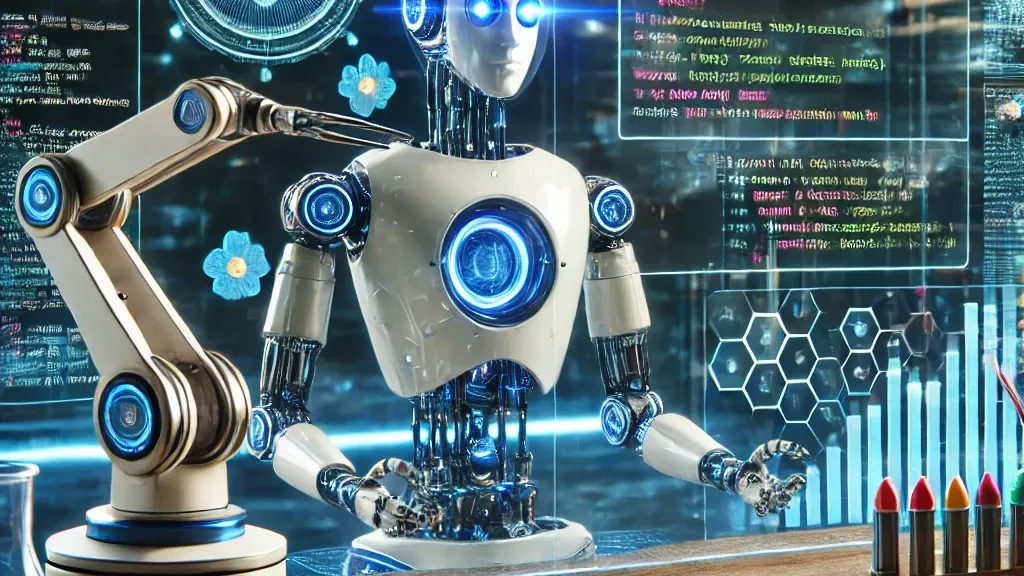In the world of evolving technology, the relevance of AI for legacy system testing is becoming increasingly apparent. Industry QA professionals are now leveraging AI to enhance the testing process of legacy systems, ensuring quality and efficiency.
Legacy systems often hold the backbone of various industry operations. Integrating them with modern technology is crucial yet complicated. This is where AI emerges as an influential tool.

The Importance of Legacy Systems
Legacy systems are longstanding, tech-based solutions that are critical to many organizations. Though reliable, their integration with advanced systems is necessary for progressing in today’s marketplace.
Challenges in Testing Legacy Systems
Testing these systems brings forth unique challenges, including outdated documentation and compatibility issues with new software. AI can tackle these complexities through intelligent automation and prediction.
AI’s Merits in Automated Testing
AI’s capabilities facilitate automated testing by reducing manual efforts. It manages redundant tasks, detects anomalies, and predicts potential flaws faster than any human could.
Improved Accuracy and Efficiency
AI ensures greater accuracy in testing legacy systems. By simulating countless scenarios, it anticipates issues and contributes to better code quality, as discussed in our defect triage.
How AI Transforms QA in Enterprises
The transformation of QA processes in enterprises is notable when integrating AI, as it optimizes resources and enhances productivity, ensuring efficient rollouts.
AI and Machine Learning in Testing
Utilizing machine learning within AI testing models, AI ‘learns’ from historical data and offers precise insights, as further explained on our page about machine learning.
Implementing AI in Software Quality Assurance
Implementation of AI in quality assurance processes like enterprise software QA ensures reduced defects and efficient code management, benefiting both developers and end-users.
Case Study: AI Benefits to Legacy Testing
This case study highlights how a leading tech firm revolutionized its legacy system testing through AI, achieving remarkable improvements in reliability and speed.
Cost-Effectiveness
By deploying AI, the company reduced testing costs significantly. Automation decreased manual testing expenses, allowing them to allocate resources more effectively.
The Future of Legacy System Testing
The future is promising for legacy systems with AI-driven testing, where we continuously witness improvements, as featured in recent trends by InfoQ.
Industry Collaborations and Innovations
Industry collaborations foster further innovations, promoting advancements that enhance compatibility and robustness across platforms.
Smart QA with AI
Leveraging AI enables smart QA practices. Through metrics tracking, enterprises better align development objectives with performance outcomes.
Conclusion: Embracing AI for Legacy System Evolution
In conclusion, embracing AI for legacy system testing streamlines processes, promising a seamless transformation. By adopting intelligent systems, companies are better equipped to match the dynamic needs of their evolving missions.

FAQ Section
Why are legacy systems still relevant?
Legacy systems provide stability and reliability, essential for many organizations’ core operations.
What are the primary challenges in testing legacy systems?
Challenges in testing legacy systems include compatibility issues, outdated documentation, and the high cost of traditional testing methods.
How does AI improve efficiency in testing processes?
AI improves efficiency by automating repetitive tasks, predicting potential flaws, and providing deeper insights through data-driven analytics.
This article contains affiliate links. We may earn a commission at no extra cost to you.

